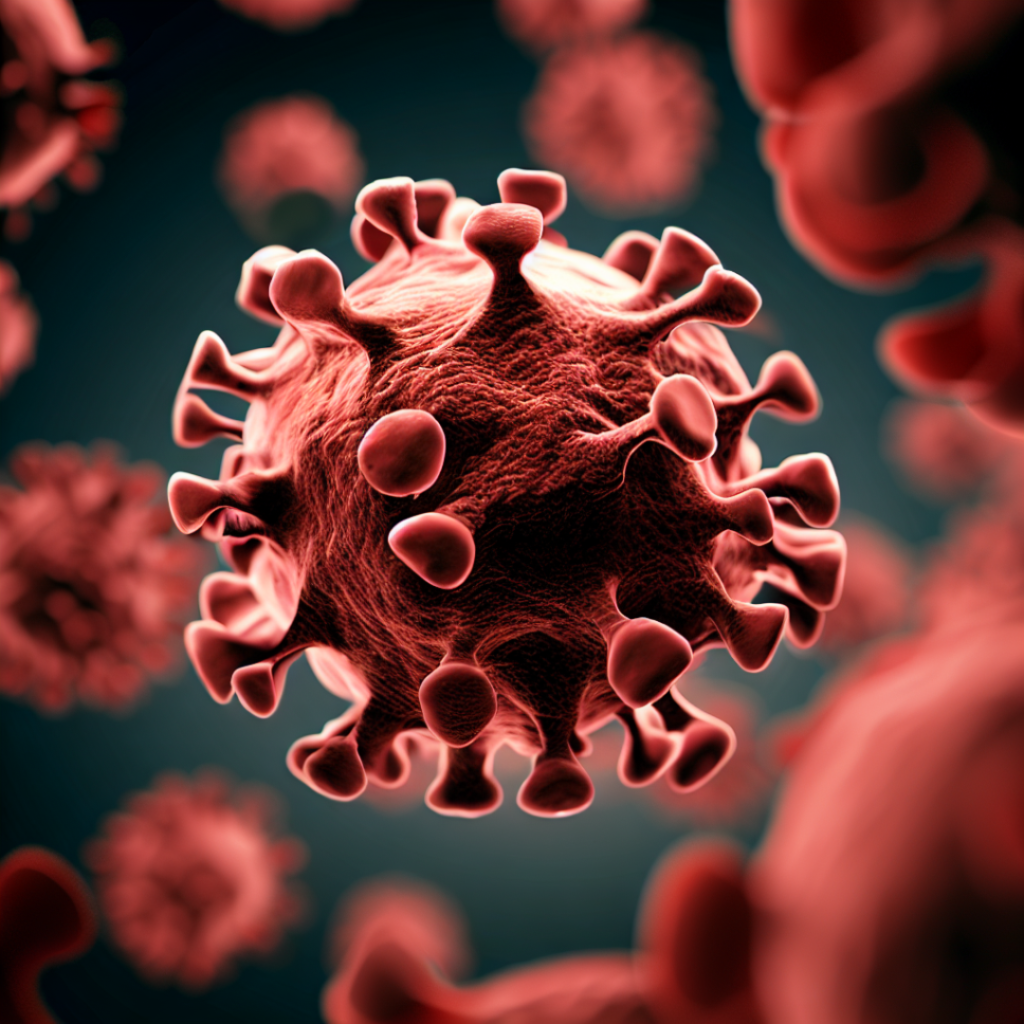
Human immunodeficiency virus (HIV) weakens the immune system, leaving individuals highly susceptible to infectious diseases. However, recent research has shed light on the potential benefits of cannabis in managing HIV symptoms and improving the quality of life for affected patients. In this article, we explore the relationship between cannabis use and HIV, unveiling its potential therapeutic applications and addressing the growing interest in this alternative approach.
Studies have revealed that cannabis is increasingly used by a significant portion of North American HIV/AIDS patients, with up to one in three individuals turning to cannabis to alleviate the symptoms of the disease and counter the side effects of antiretroviral medications. Notably, over 60% of HIV/AIDS patients identify themselves as medical cannabis users. Common reasons for cannabis use include pain relief, anxiety reduction, appetite stimulation, and combating nausea. Additionally, HIV patients who use cannabis are less likely to rely on prescription opioids.
Recent research suggests that HIV patients who incorporate cannabis into their treatment exhibit better neurocognitive performance compared to non-users. This improvement may be attributed to the anti-inflammatory properties of cannabinoids. Furthermore, cannabis use has been linked to higher adherence to antiretroviral therapy regimens, indicating its potential in enhancing medication adherence among HIV patients.
Contrary to concerns, studies indicate that cannabis use does not adversely affect CD4 and CD8 T cell counts in both HIV-positive and HIV-negative individuals. In fact, some research suggests that cannabis may even boost immune function in certain HIV patients. These findings present a compelling case for further investigation into the immunological benefits of cannabinoids in the context of HIV infection.
Patients co-infected with HIV and hepatitis C have shown promising outcomes associated with cannabis use. Studies suggest that cannabis users in this population experience lower odds of fatty liver disease and insulin resistance. Moreover, cannabis use has not been negatively associated with mortality; instead, evidence indicates a reduced mortality risk among co-infected patients who use cannabis.
Clinical trials have provided compelling evidence of the medical benefits of cannabis for HIV-positive individuals. Research indicates that smoked marijuana can increase food intake, improve mood, and positively impact sleep measures. Furthermore, cannabis has been shown to alleviate HIV-associated neuropathy, reducing pain intensity and improving overall quality of life for patients suffering from chronic neuropathic pain.
As our understanding of the potential benefits of cannabis in managing HIV continues to grow, it is crucial to explore alternative approaches that can enhance the well-being of affected individuals. Cannabis use among HIV patients has shown promising results in managing symptoms, improving neurocognitive performance, supporting immune function, and addressing co-infections. Ongoing research and clinical trials hold the promise of further uncovering the therapeutic potential of cannabis, offering new avenues for improving the lives of those living with HIV.
reference: https://norml.org/marijuana/library/recent-medical-marijuana-research/human-immunodeficiency-virus-hiv/